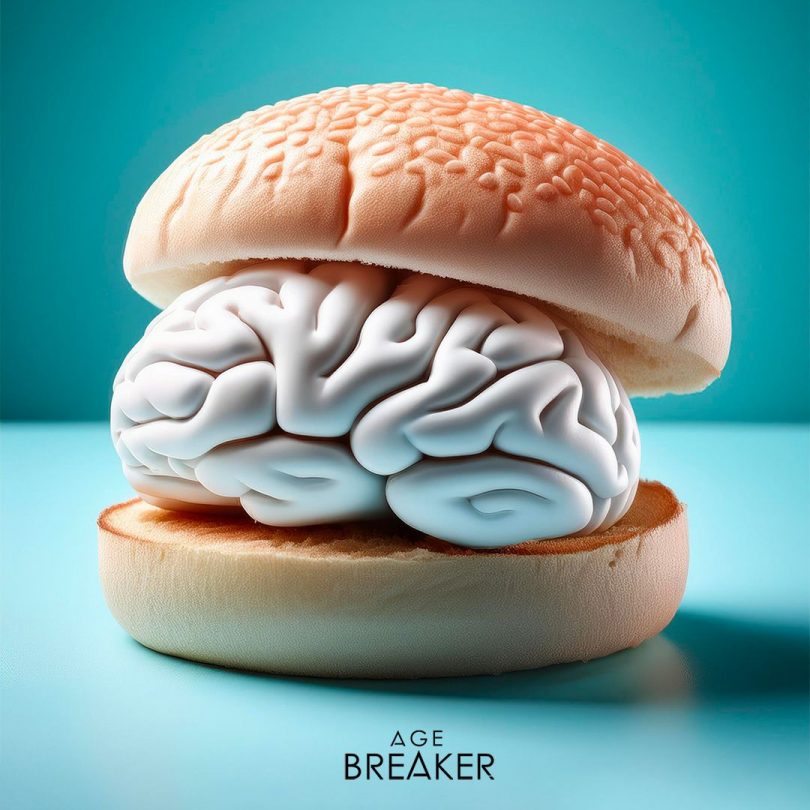Alzheimer’s and diabetes share many genetic and molecular links, including glycation.
Alzheimer’s, a neurodegenerative disease characterized by progressive, late-onset cognitive decline, and type 2 diabetes, a metabolic disorder appearing at an increasingly younger age and characterized by high glucose levels leading to numerous complications, notably cardiovascular, do not a priori appear to have any particular molecular links.
However, numerous epidemiological data show an increased risk of developing Alzheimer’s disease in people with diabetes.
A growing number of studies show that Alzheimer’s and type 2 diabetes share many common points, notably at the genetic and molecular levels (1). The underlying mechanisms by which diabetes encourages the initiation and progression of Alzheimer’s involve, in particular, inflammation, oxidative stress and glycation.
These observations suggest a promising therapeutic strategy against Alzheimer’s disease: the use of drug therapies and hygienic-dietary measures to balance diabetes could serve as a guide for designing treatments for the management of Alzheimer’s disease.
© AGE Breaker, updated 10 2024
[Glycation is one of the major causes of aging. Resulting from the fixation of sugars on the proteins constituting the organism, glycation generates toxic compounds that cause cellular aging. Glycation is particularly involved in metabolic disorders, skin aging and cognitive decline.] [AGE BREAKER, patented nutritional supplements, based on rosmarinic acid, recognized by aging specialists around the world for their properties to reverse the effects of glycation.]More on www.agebreaker.com
#agebreaker #glycation #antiaging #longevitymedicine #preventivemedicine #preventivehealth #skinaging #4pmedicine #advancedglycationendproducts
(1): CASTILLO-VELÁZQUEZ, Ricardo, MARTÍNEZ-MORALES, Flavio, CASTAÑEDA-DELGADO, Julio E., et al. Bioinformatic prediction of the molecular links between Alzheimer’s disease and diabetes mellitus. PeerJ, 2023, vol. 11, p. e14738.
https://doi.org/10.7717/peerj.14738









